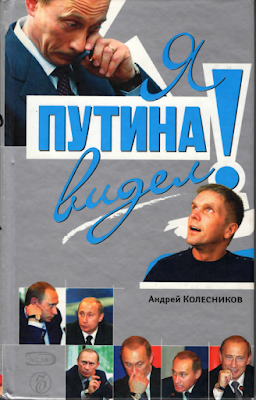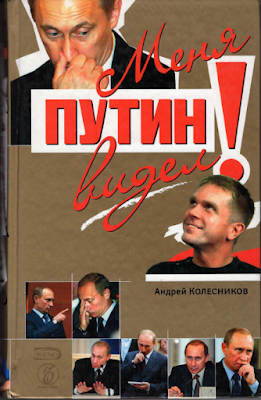It is also used for other things, mainly:
1. The “accusative of time” is used, often without a preposition to express duration or frequency.
- Я здесь уже неделю = I've been here (for) a week.
- Раз в год = Once a year
- Мы едем в Москву. = We're going to Moscow.
- Мы идëм в музей. = We're going to the museum.
- Мы идëм через лес. = We're walking through the woods.
- Мы идëм через улыцу. = We're going across the street.
- Спасибо за письмо. = Thanks for the letter.
- Cколько получает писатель за книгу? = How much does the author get for a book?
- Я – за Путина! = I'm for Putin!
For neuter nouns and inanimate masculine nouns, the accusative is the same as the nominative. (Note: neuter animate nouns are indeclinable; that’s why they don’t have a special case ending. They (preview of coming attractions!) will take animate-type adjective endings.)
Я вижу сад = I see a garden.
Я вижу лес = I see the woods.
Я вижу музей = I see a museum.
Я вижу рубль = I see a ruble.
Feminine and masculine nouns ending in A or Я take У or Ю for their accusative case ending. Those ending in Ь do not change.
Я вижу папу = I see Daddy.
Я вижу улыцу = I see the street.
Я вижу армию = I see an army.
Я вижу мать = I see the mother.
Animate masculine nouns take A or Я for their ending, depending on whether the consonant they end in is hard (A) or soft (Ь and Й are replaced by Я, or, more accurately, Й/Ь + А = Я). This is actually the same ending as the genitive case, which we haven't met yet; you're getting a leg up here: inanimate masculines have the same genitive forms.
Я вижу героя = I see a hero.
Я вижу Андрея = I see Andrey.
Я вижу коня = I see a horse.
Я вижу человека = I see a person.
Я вижу Путина = I see Putin.
Here are the covers of two books written by Andrey Kolesnikov about Putin's first two presidential terms. Note that only case endings differentiate the titles - the word order is the same.



No comments:
Post a Comment